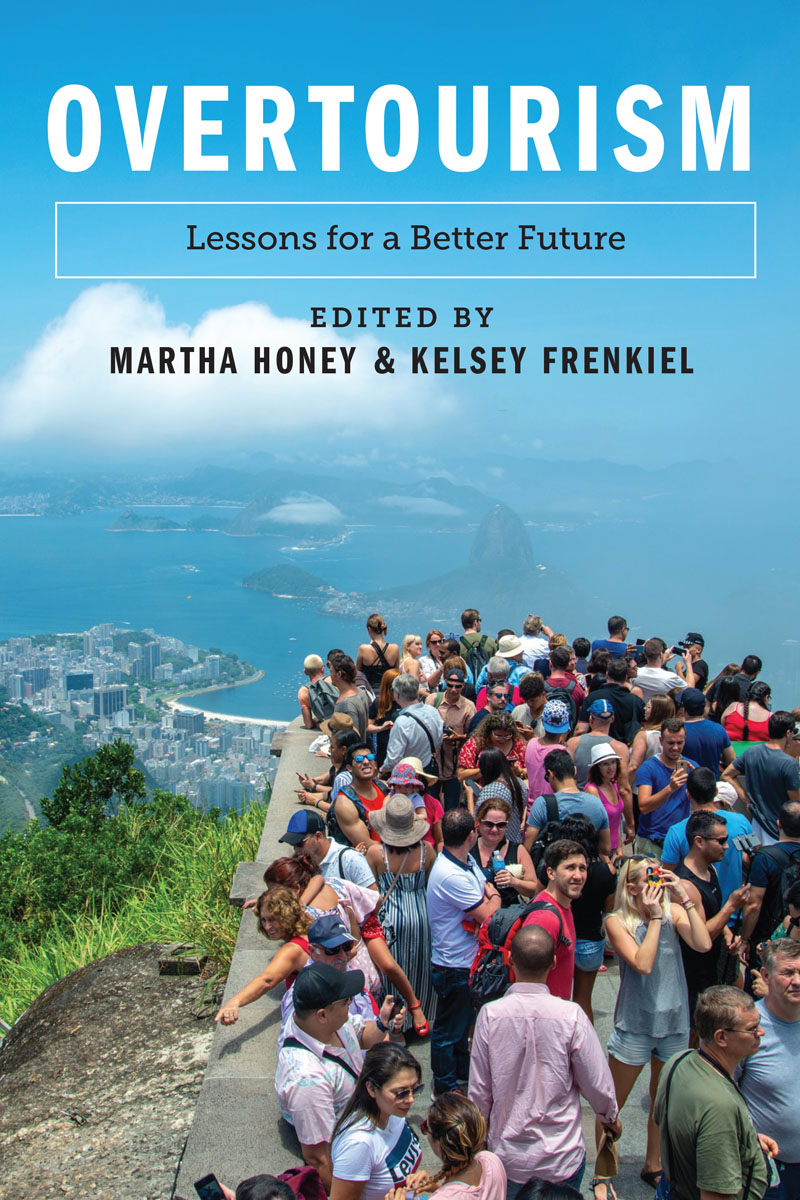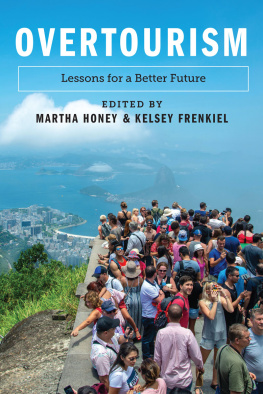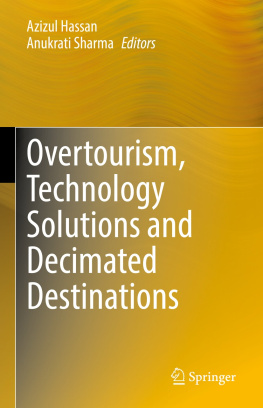
About Island Press
Since 1984, the nonprofit organization Island Press has been stimulating, shaping, and communicating ideas that are essential for solving environmental problems worldwide. With more than 1,000 titles in print and some 30 new releases each year, we are the nations leading publisher on environmental issues. We identify innovative thinkers and emerging trends in the environmental field. We work with world-renowned experts and authors to develop cross-disciplinary solutions to environmental challenges.
Island Press designs and executes educational campaigns, in conjunction with our authors, to communicate their critical messages in print, in person, and online using the latest technologies, innovative programs, and the media. Our goal is to reach targeted audiencesscientists, policy makers, environmental advocates, urban planners, the media, and concerned citizenswith information that can be used to create the framework for long-term ecological health and human well-being.
Island Press gratefully acknowledges major support from The Bobolink Foundation, Caldera Foundation, The Curtis and Edith Munson Foundation, The Forrest C. and Frances H. Lattner Foundation, The JPB Foundation, The Kresge Foundation, The Summit Charitable Foundation, Inc., and many other generous organizations and individuals.
The opinions expressed in this book are those of the author(s) and do not necessarily reflect the views of our supporters.

Island Presss mission is to provide the best ideas and information to those seeking to understand and protect the environment and create solutions to its complex problems. Click here to get our newsletter for the latest news on authors, events, and free book giveaways.

2021 Center for Responsible Travel (CREST)
All rights reserved under International and Pan-American Copyright Conventions. No part of this book may be reproduced in any form or by any means without permission in writing from the publisher: Island Press, 2000 M Street, NW, Suite 480-b, Washington, DC 20036
Note: explores how the solutions to overtourism can help create a responsible recovery.
Library of Congress Control number: 2020945054
All Island Press books are printed on environmentally responsible materials.
Manufactured in the United States of America
10 9 8 7 6 5 4 3 2 1
Keywords: Airbnb, cruise tourism, destination governance, historic cities, national parks, overtourism, resorts, traffic management, travel, United Nations World Tourism Organization (UNTWO), visitation caps/limits, World Heritage Sites, World Travel and Tourism Council (WTTC)
Contents
Foreword
By Elizabeth Becker
Overtourism: Lessons for a Better Futurewas written when the biggest problem in the world of travel was overtourism. Historic cities, rural hideaways, sun-drenched beaches, and forbidding mountains were under siege. Unrelenting crowds were destroying the very beauty, culture, and adventure that make these places so attractive. In May 2019, for example, the peak of Mount Everest was blocked by a deadly traffic jam of climbers.
Then overnight the problem became no tourism. The world shut down in early 2020 under a different siege: the pandemic caused by the novel coronavirus COVID-19. Planes, cruise ships, trains, and automobiles were grounded. We all stayed in place.
It sounds dismal, and it was. But within weeks, glimmers of light broke through. For the first time in recent memory, people from New York City to Agra, India, saw a blue sky with vistas stretching for miles. River water was running clean, and litter no longer piled on streets. Wildlife reappeared, freed from the humans and their noise, cars, and deadly pollution.
At the same time, businesses depending on tourism were going brokemany shuttering for goodrevealing how much the global economy depends on the $8 trillion nonstop global travel industry. The economic devastation is expected to continue for years, which could well mean that fewer people will have the money to travel and that travel at all levels will take a greater slice of our disposable income.
Travel will return, albeit slowly. Much will depend on the discovery and availability of a vaccine to protect against COVID-19. Although this period of recovery is only a reprieve from overtourism, it is also an opportunity. Many destinations will push to fill hotels and resorts quickly, but others will take the time for a reset.
This illuminating book provides the perfect blueprint for a reappraisal by destinations wanting to avoid overtourism.
Next page













